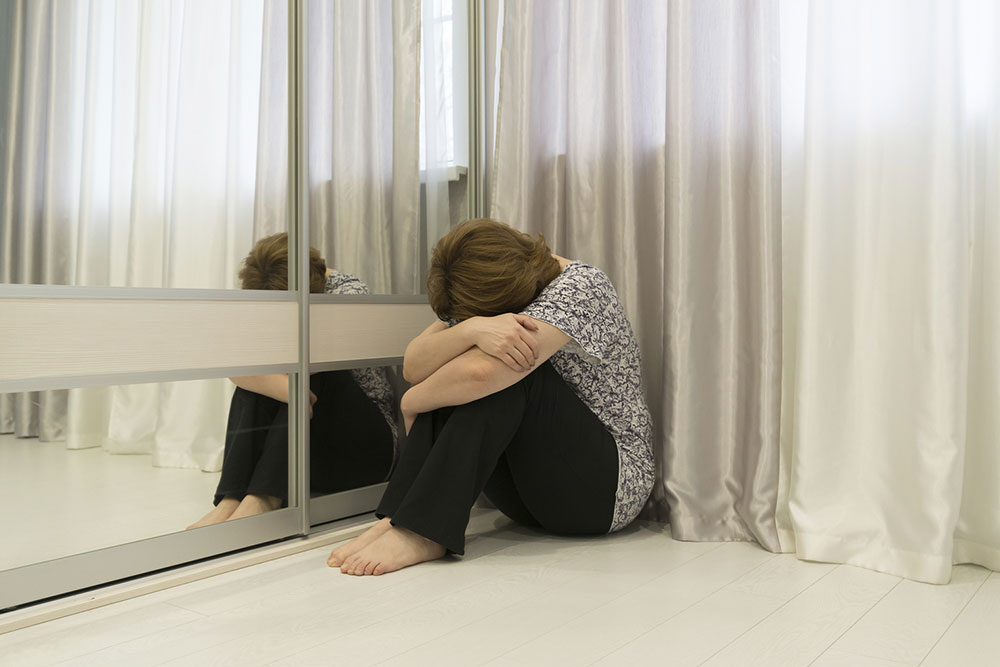Managing Bipolar Mood Disorders Effectively
This article offers a comprehensive overview of bipolar disorder treatment, emphasizing the importance of proper diagnosis, medication management, and therapy. It highlights the roles of mood stabilizers, antipsychotics, and psychotherapy in managing symptoms, alongside safety considerations like hospitalization when necessary. Regular monitoring and individualized care plans are essential for effective management of bipolar mood episodes.

Managing Bipolar Mood Disorders Effectively
If you or someone you know shows signs of mood swings and behavioral changes, seeking medical advice is crucial. A healthcare provider will perform tests to rule out other medical issues and conduct a thorough assessment to determine if substances or health conditions are influencing the symptoms.
After ruling out other causes, a referral to a psychiatrist might be necessary. A psychiatrist will analyze symptoms using DSM-5 criteria to establish an accurate diagnosis and plan treatment. Recognizing that Bipolar I involves both manic and depressive episodes, safety assessments for suicidal or homicidal risks are essential.
Therapeutic approaches depend on the mood phase, with different strategies for mania versus depression. Medications are key but should be combined with therapies like Cognitive Behavioral Therapy (CBT), Interpersonal and Social Rhythm Therapy (IPSRT), family interventions, and chronic care strategies. Antipsychotics can be helpful when bipolar depression includes psychotic features.
Common medications include mood stabilizers—such as Lithium, Valproic Acid, Depakote, Carbamazepine, and Lamotrigine—to manage mania. Antipsychotics like Olanzapine, Risperidone, Seroquel, and others are used when symptoms persist. Antidepressants may be prescribed during depressive phases but usually alongside mood stabilizers to prevent triggering mania.
Benzodiazepines might be used short-term for anxiety but carry addiction risks, limiting their use to acute cases. Close monitoring is vital, especially during initial treatment phases. According to VA/DoD guidelines, initial therapy for bipolar episodes requires regular evaluations every 1-2 weeks for the first six weeks. Severity dictates inpatient or outpatient care—hospitalization is necessary if there's suicidal or homicidal risk.
Note:
This article provides informational content on bipolar disorder management. It should not replace professional medical advice. Always consult qualified healthcare providers for diagnosis and treatment options suited to individual needs.










